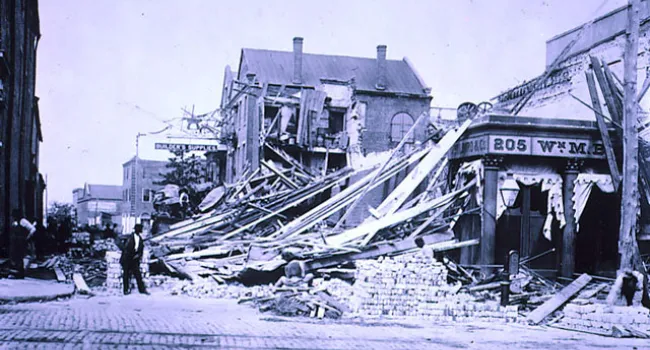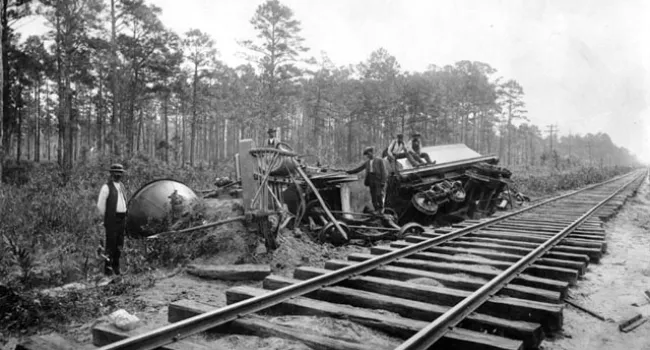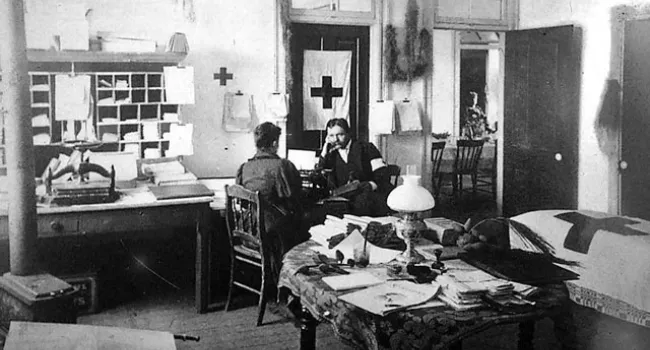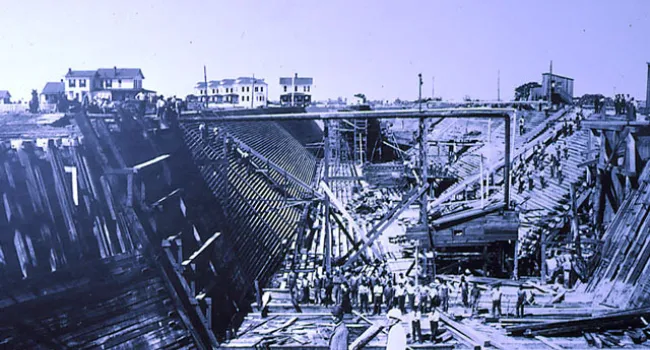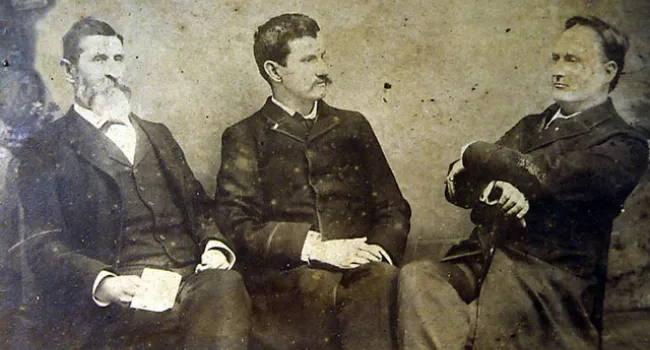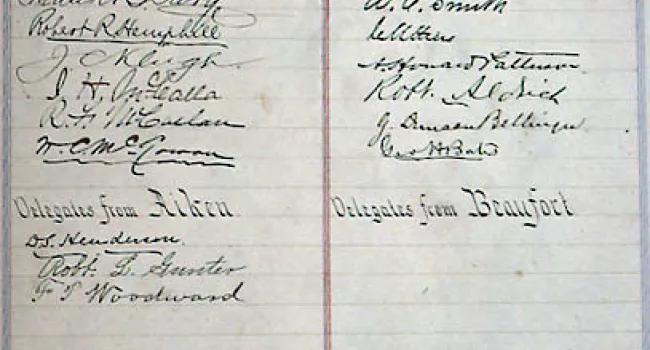
The official Dispensary liquor label. One of the most controversial political issues in a period when political controversy dominated state politics, was the State Dispensary, a plan under which all sales of liquor were controlled by the state and sold through state owned stores, or dispensaries. Prohibition, or a complete ban on the sale of all alcoholic beverages, was an important part of the national Progressive reform movement. The Dispensary was created in early 1893 by a compromise amendment to an 1892 prohibition bill that Governor Benjamin R. Tillman thought was impractical and unenforceable. By creating the Dispensary, instead of banning liquor outright and thereby enriching illegal distillers of moonshine, Tillman saw an opportunity both to increase state revenues and to reduce drinking. Unfortunately, the Dispensary offered too many opportunities for favoritism, graft, and corruption. Tillman's political enemies lost no opportunity to attack him and the Dispensary, and in the Darlington Whiskey Rebellion, these Conservatives even supported armed mobs who opposed efforts to enforce the law. The Dispensary was disbanded in 1907.
Courtesy of the South Caroliniana Library.

